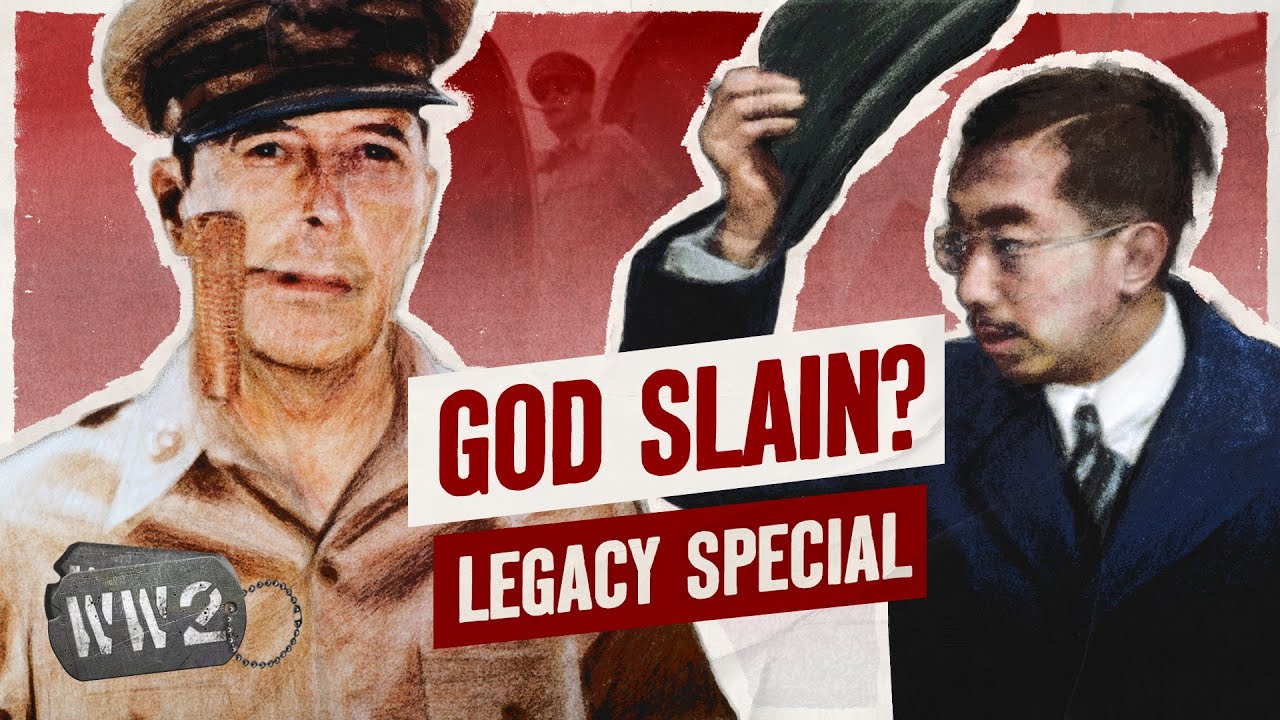Lessons Learned: General MacArthur's Dismissal
Summary
TLDRIn this video, Jim Lindsay discusses President Harry Truman’s controversial decision to dismiss General Douglas MacArthur in 1951 during the Korean War. Despite MacArthur’s military successes, including the brilliant Inchon landing, Truman overruled his strategy of escalating the war with China. Truman's decision, though unpopular at the time, highlighted the importance of civilian control over the military. The video reflects on the tension between military advice and presidential authority, drawing parallels to modern U.S. military conflicts and the ongoing balance of power between military leaders and the president.
Takeaways
- 😀 Presidents must balance civilian control of the military with military advice.
- 😀 General Douglas MacArthur was a national hero, renowned for his role in World War II and Korea.
- 😀 MacArthur’s successful Inchon operation in 1950 turned the tide of the Korean War for a time.
- 😀 Truman disagreed with MacArthur’s desire to escalate the war into China, fearing a broader conflict.
- 😀 Truman’s decision to dismiss MacArthur on April 11, 1951, was a high-risk move amid low public approval.
- 😀 Despite public backlash and MacArthur’s return to a hero’s welcome, Truman’s decision was rooted in strategic concerns.
- 😀 MacArthur’s insubordination in criticizing the president’s strategy led to his dismissal.
- 😀 Truman emphasized that world peace was more important than any individual’s ambitions or military strategy.
- 😀 General Omar Bradley and the Joint Chiefs of Staff opposed MacArthur’s strategy, citing the risks of engaging China.
- 😀 Truman’s actions reinforced the principle that presidents, as commanders-in-chief, can overrule military advice for broader national interests.
- 😀 The lesson from Truman and MacArthur’s conflict is the importance of presidential authority in military decisions, especially in preventing unnecessary wars.
Q & A
Why did President Truman dismiss General MacArthur in 1951?
-President Truman dismissed General MacArthur due to his insubordination and disagreement with Truman's policy of limiting the Korean War. MacArthur wanted to escalate the conflict by attacking China, which Truman rejected in favor of avoiding a broader war.
What were General MacArthur's achievements before the dismissal?
-MacArthur was a highly decorated military leader, known for his brilliant leadership in World War I and II. He famously led the U.S. Army in the Pacific and oversaw the occupation of Japan, earning the Medal of Honor and becoming one of the few five-star generals in U.S. history.
What was MacArthur's reaction to the limited-war strategy in Korea?
-MacArthur strongly disagreed with Truman's limited-war strategy. He advocated for attacking China to defeat communism outright, which was against Truman's policy of avoiding an escalation that could involve the Soviet Union and lead to a wider war.
How did Truman justify firing MacArthur despite his popularity?
-Truman justified firing MacArthur by stating that the cause of world peace was more important than any individual, even a national hero. He explained that MacArthur's strategy would have jeopardized the broader goals of U.S. foreign policy.
How did the American public react to MacArthur’s firing?
-The American public reacted strongly against Truman's decision. MacArthur was celebrated with a ticker-tape parade and a rousing speech before Congress, while Truman faced criticism, including calls for impeachment, public boos, and even effigies being hanged in some cities.
What was General Omar Bradley’s opinion on MacArthur’s strategy?
-General Omar Bradley criticized MacArthur's strategy, stating that it would involve the U.S. in the wrong war, at the wrong time, with the wrong enemy. He supported Truman's decision to limit the conflict to avoid direct confrontation with China.
What does the lesson of Truman’s dismissal of MacArthur teach about civilian control of the military?
-The lesson is that presidents can and should override military advice when it conflicts with broader national interests, public opinion, or strategic goals. Truman’s decision reinforced the principle of civilian control over the military, a key aspect of American democracy.
What was the broader context of the Korean War during Truman’s decision to fire MacArthur?
-During the Korean War, Truman was trying to contain communism without provoking a larger war with China or the Soviet Union. MacArthur's push for a broader war with China was seen as a dangerous escalation that could threaten global peace.
How did MacArthur’s public speech after his dismissal influence his image?
-MacArthur’s speech to Congress, where he declared, 'In war there can be no substitute for victory,' reinforced his image as a determined and heroic figure. His farewell speech, combined with the massive ticker-tape parade, cemented his status as a national hero despite his dismissal.
What does the principle of civilian control of the military mean in the context of the script?
-The principle of civilian control of the military means that elected officials, specifically the president, have the authority to make military decisions, even if they go against the advice of military leaders. This ensures that military power is kept in check by democratic governance and broader political considerations.
Outlines

Cette section est réservée aux utilisateurs payants. Améliorez votre compte pour accéder à cette section.
Améliorer maintenantMindmap

Cette section est réservée aux utilisateurs payants. Améliorez votre compte pour accéder à cette section.
Améliorer maintenantKeywords

Cette section est réservée aux utilisateurs payants. Améliorez votre compte pour accéder à cette section.
Améliorer maintenantHighlights

Cette section est réservée aux utilisateurs payants. Améliorez votre compte pour accéder à cette section.
Améliorer maintenantTranscripts

Cette section est réservée aux utilisateurs payants. Améliorez votre compte pour accéder à cette section.
Améliorer maintenantVoir Plus de Vidéos Connexes

Was Douglas MacArthur A Good Leader? - History Icons Channel

The Occupation of Japan Begins - a WW2 Epilogue Special

Visualizing Philippine Independence: A Look Back at July 4, 1946

The Korean War (1950–53)

The Japanese Occupation | GEC10

Pertempuran Laut Terbesar Sepanjang Sejarah dalam Battle of Leyte Gulf
5.0 / 5 (0 votes)
